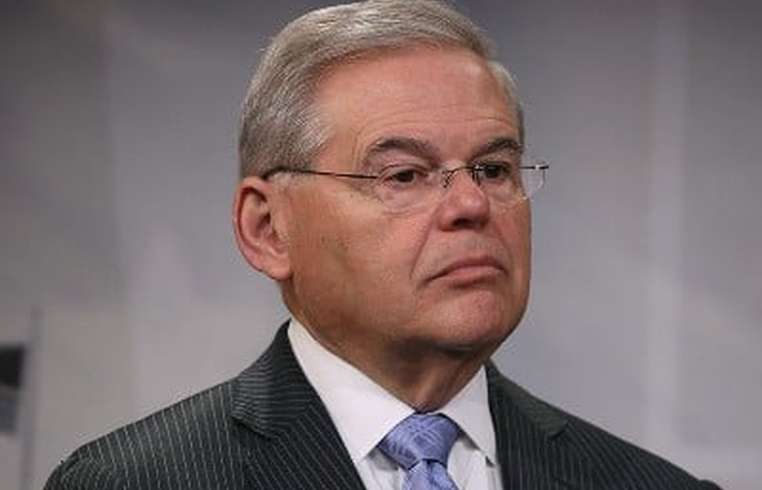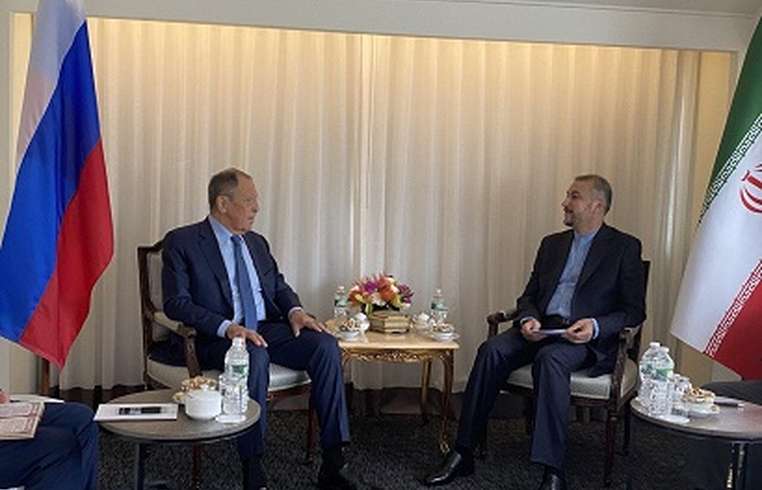
News - This Isn't The Way — GOP Senator Boldly Calls Out Trump Publicly
Business Strategy
This Isn't The Way — GOP Senator Boldly Calls Out Trump Publicly

When a Republican senator from cattle country says enough, you know the ground is shifting. Sen. Deb Fischer of Nebraska, whose state lives and breathes beef, publicly split with President Donald Trump after he floated a plan to buy Argentine beef to bring down prices at home. Speaking to reporters aboard Air Force One, Trump said, “We would buy some beef from Argentina. If we do that, that will bring our beef prices down.” The comment landed like a thunderclap across ranch country and kicked off a rare intraparty revolt in red-meat America. Fischer did not mince words, writing on X. “Right now, government intervention in the beef market will hurt our cattle ranchers,” she said in a statement, adding that the U.S. already has “safe, reliable beef.” Then came the line ricocheting across ag circles, “If the goal is addressing beef prices at the grocery store, this isn’t the way.” She urged the administration to focus on trade deals that help producers, not imports that “will do more harm than good.” The political stakes are obvious. Ranchers are a rock-solid Republican bloc, and they are furious. Colin Woodall, the CEO of the National Cattlemen’s Beef Association, blasted the idea as a “plan [that] only creates chaos at a critical time of the year for American cattle producers, while doing nothing to lower grocery store prices.” Industry groups echoed him, warning that a quick influx of Argentine product could destabilize markets without delivering relief at the checkout. Even typically friendly Republicans are breaking ranks. Texas Agriculture Commissioner Sid Miller, a stalwart Trump ally, warned that more imports would harm ranchers already battling drought-thinned herds and a biosecurity squeeze after a screwworm outbreak in Mexico disrupted cross-border cattle flows. In short, the timing could not be worse for producers trying to rebuild. The White House has framed the import talk as part of a larger play to cool food inflation and throw a lifeline to Argentina, where Trump’s ally, President Javier Milei, is grappling with a battered economy. Importing some beef, Trump argued, could help both countries. But economists and farm-state lawmakers are skeptical that small volumes from Argentina would meaningfully cut U.S. retail prices, especially while domestic herds sit at historic lows after years of drought. Trump’s comment shows how quickly a trial balloon can roil a key constituency. Within hours, ranch groups were on the warpath, futures wobbled, and senators like Fischer were on the phone with the administration pressing for clarity. The central question, unspoken but obvious, is political: why pick a fight with rural voters over a fix many experts say is unlikely to move the needle for shoppers. There is also the health and safety backdrop. Industry veterans note Argentina’s past struggles with animal diseases, a reminder that any import push would invite fierce scrutiny from regulators and a hair-trigger public hypersensitive to food safety. Even the perception of looser standards, they warn, could damage a brand American ranchers have spent decades building. For now, Fischer’s message captures the mood west of the Missouri: support the beef economy by opening markets, not undercutting it with government-driven imports. The senator’s break with Trump may be the first high-profile crack in the dam, but ranch country is already speaking with one voice.






